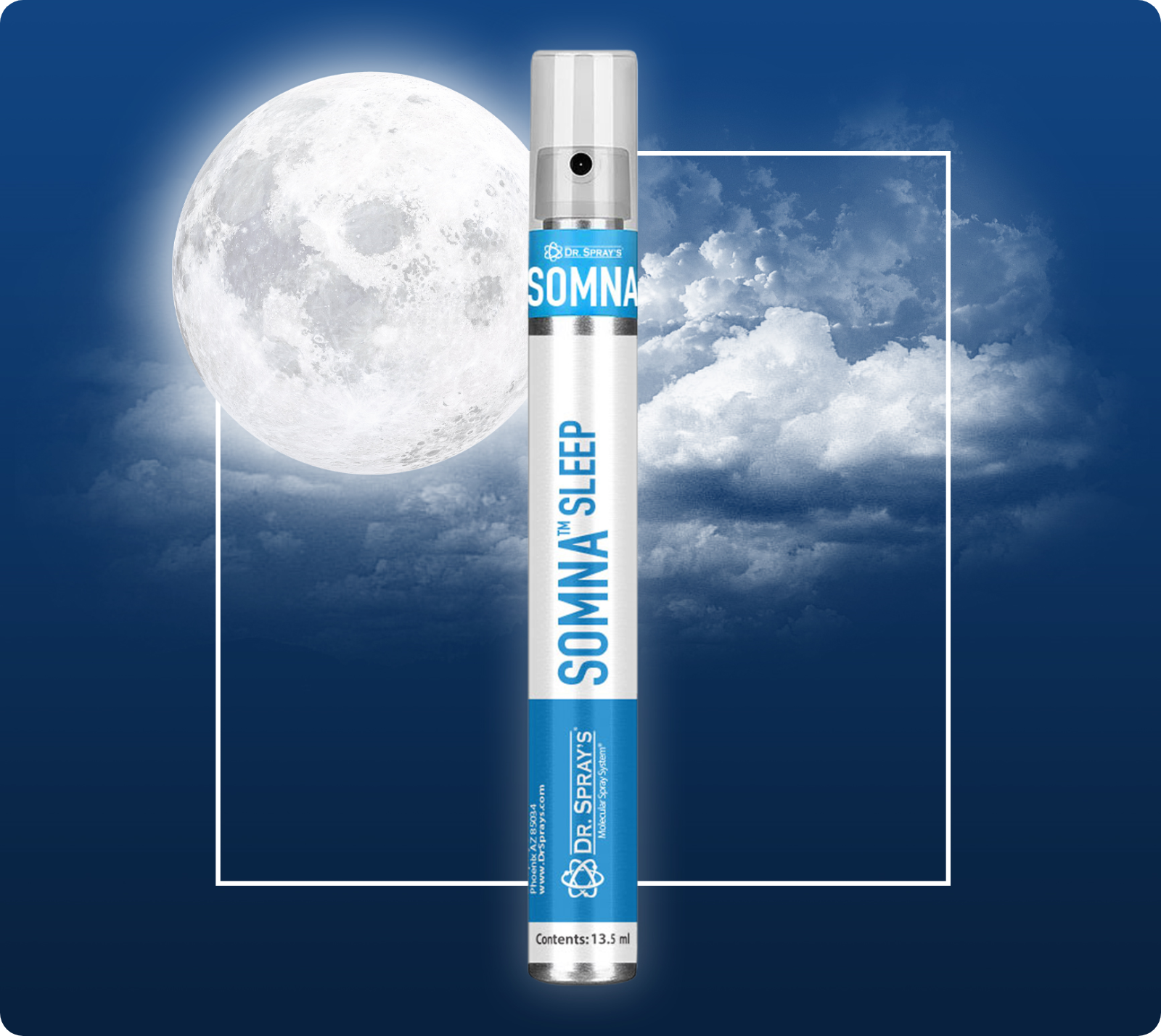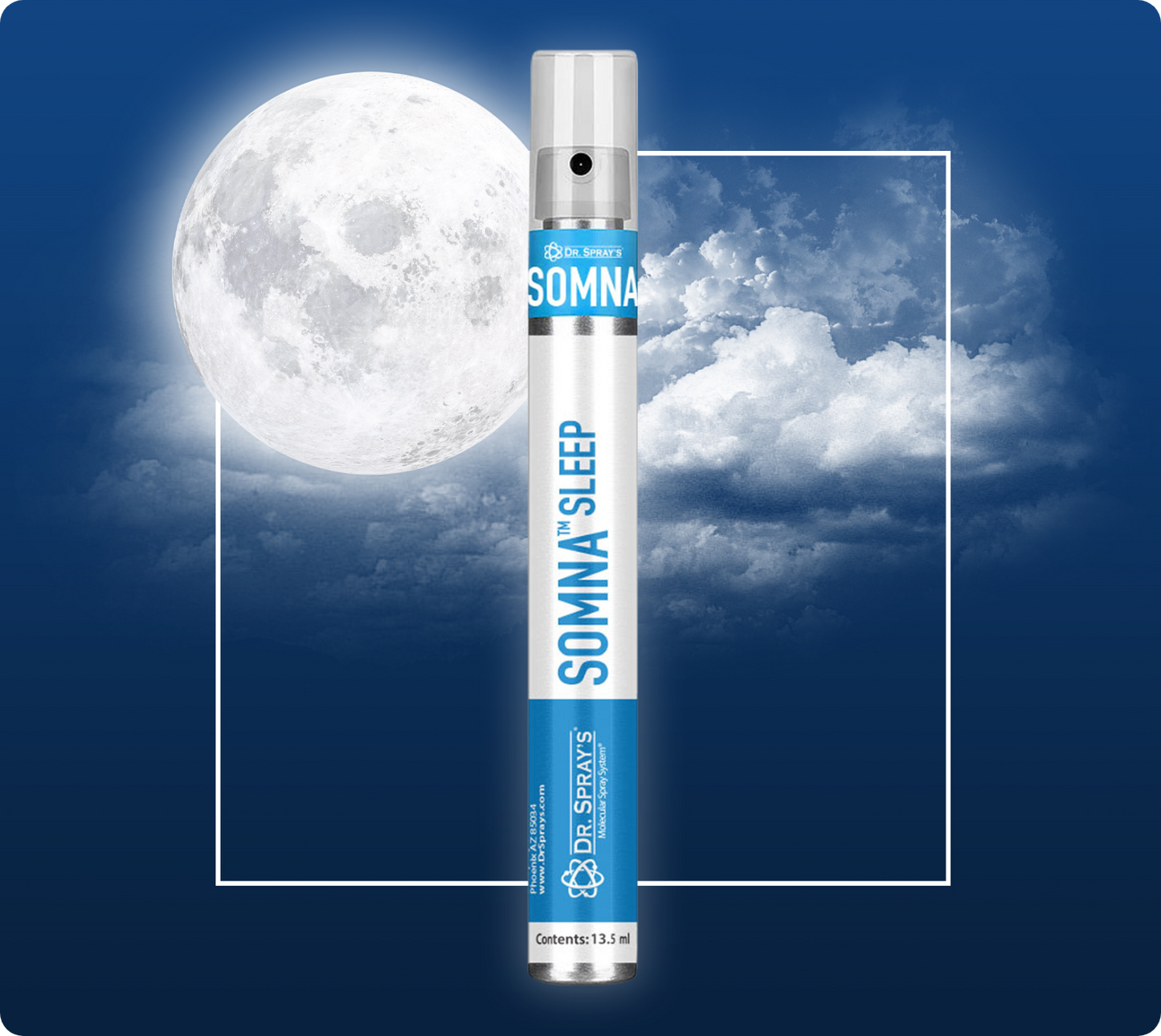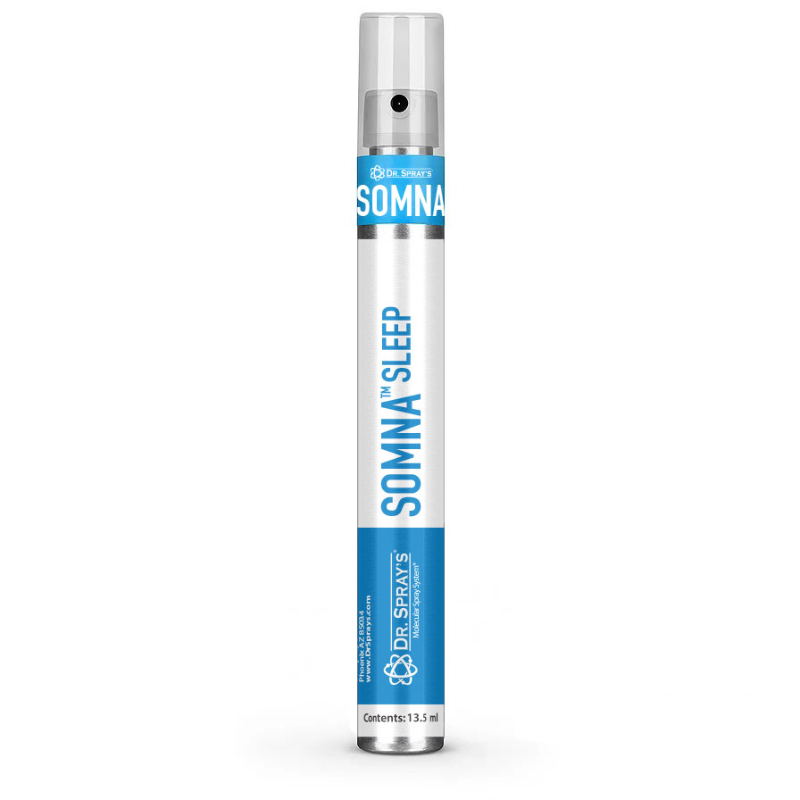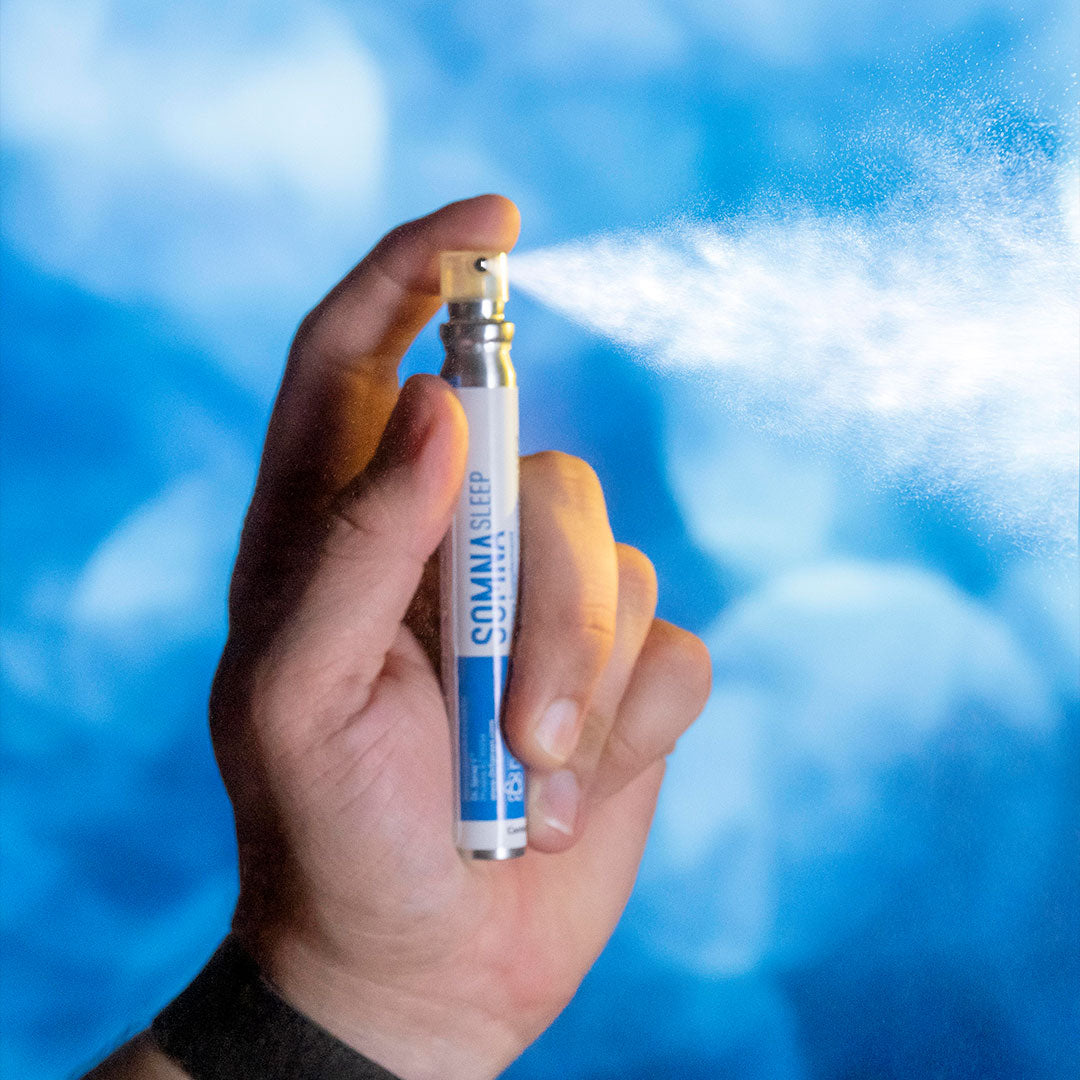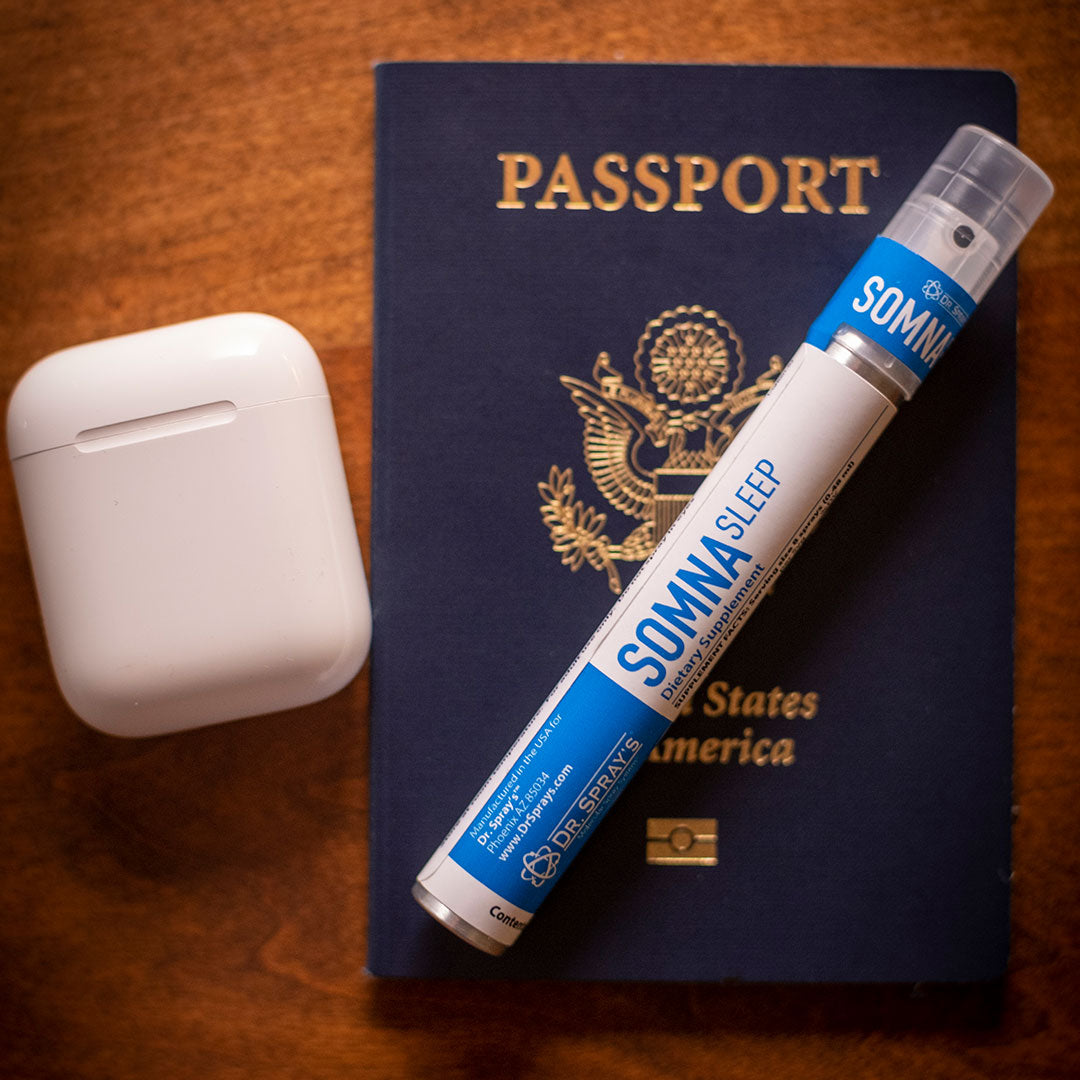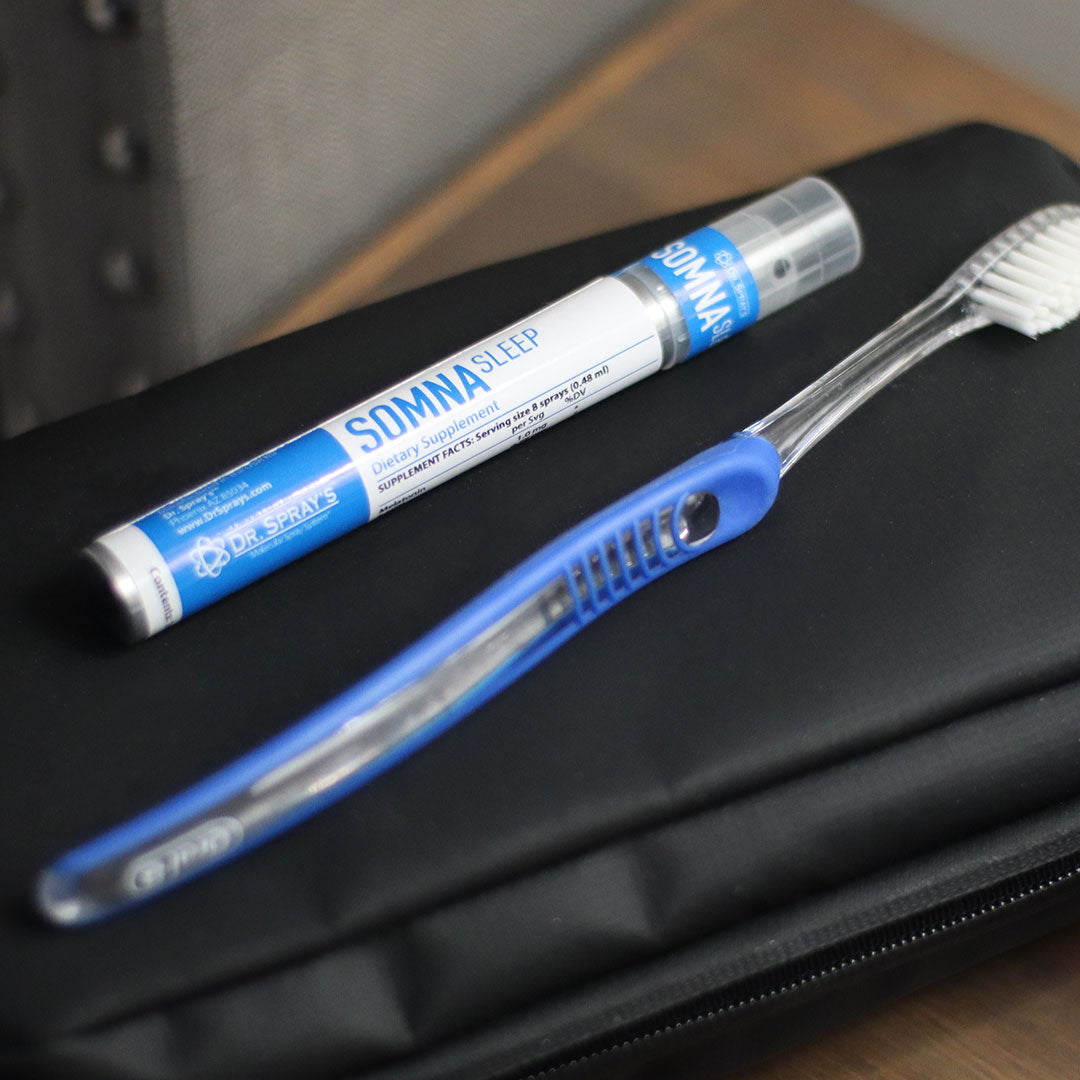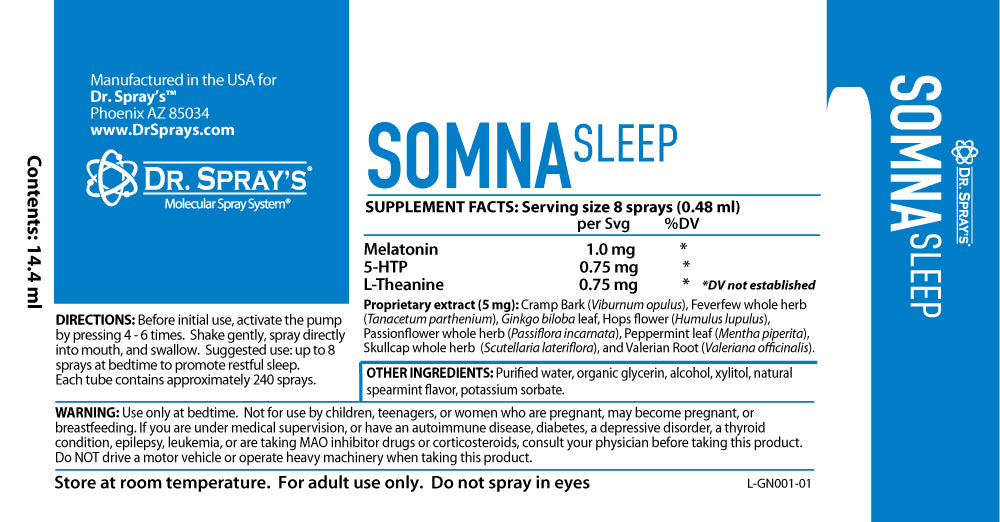There are many non-prescription sleep aids on the market these days. But, which one is the best? This is a question that does not have a simple answer. Some sleep aids work better for some people than others. And, what works for one person may not work for another person. The best way to find out which sleep aid is best for you is to experiment with a few different ones.
Some of the most popular non-prescription sleep aids include:
Melatonin
Chamomile
Valerian Root
Lavender
All of these ingredients can be found in many over-the-counter sleep aids. They are all natural and have very few side effects. However, they may not work for everyone. If you have trouble sleeping, it is important to talk to your doctor about your options.
How long you need to sleep
Your sleep habits
Any medical conditions you have
Your age
Your weight
Any medications you are taking
Some sleep aids are designed for short-term use while others can be used for long-term sleep problems. Be sure to read the label carefully to make sure you are using the product as directed.
If you're having trouble sleeping, it's definitely worth trying out a few different non-prescription options to see what works best for you. Just be sure to read the labels carefully and follow the directions, and always check with your doctor before taking any medications, even OTC ones.


